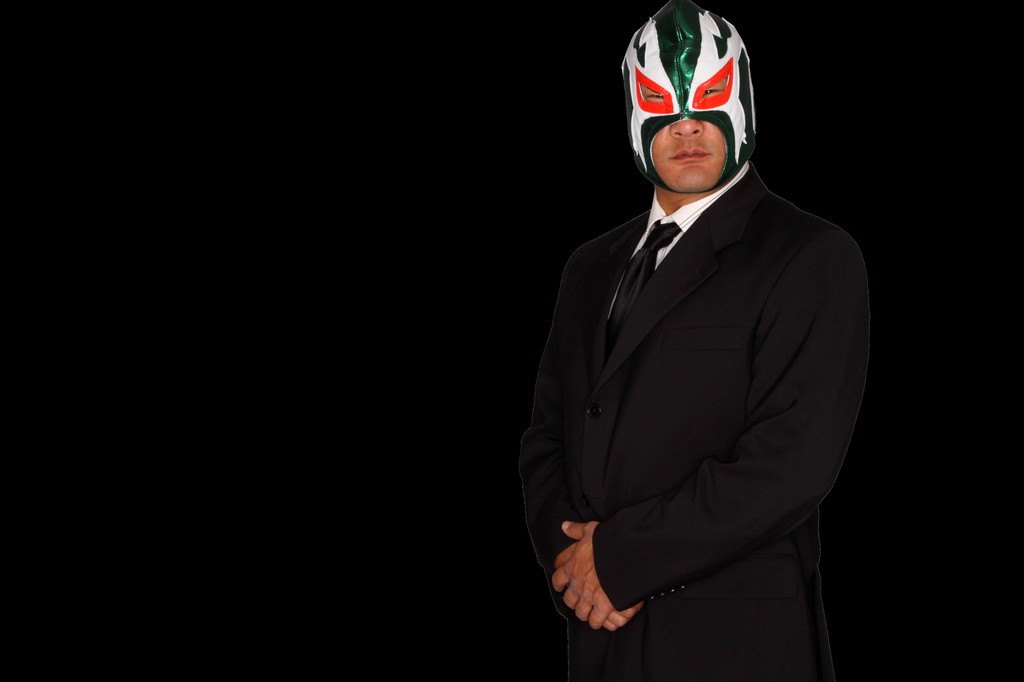

|
Brian Sims
Editor |
| Home> | Fire | >Risk Assessment | >The Secret Risk Assessor - August 2021 |
The Secret Risk Assessor - August 2021
09 July 2021
In this edition of Fire Safety Matters, The Secret Risk Assessor focuses squarely on the ubiquitous ‘experts’ who have gradually – but, nonetheless, very steadily – emerged within the industry across the last few years. Is their presence a healthy development or an unwanted intrusion?

WE HAVE always benefited from experts within the fire safety profession. They have often ‘lived in the background’ to be brought out when we need help. That help might have been required by a Court of Law, a Public Inquiry or, less dramatically, by building designers, fire engineers, Fire and Rescue Services, building control or the practising fire safety professional who recognised the limits of their knowledge (one of the criteria for competence, in fact).
A way of recognising these experts was the very fact of their rarity: the narrower the field, the rarer the expert. A good friend in a well-respected fire safety consultancy once explained it to me. He could recognise – as, indeed, could many fire risk assessors, often on the basis of their experience of real fires – a fire door and, from experience, would have a good idea as to whether it was likely to be adequate for the risk. If he wanted to know more exactly about the likely period of fire resistance, he would bring in a fire door expert. Probably someone with experience of fire resistance testing.
If there was an issue over the design of a self-closing device for the door, there was an even more limited number of experts available in door ironmongery. Keep narrowing the field and you end up with a really small cohort of experts in tribology (ie the science and engineering of interacting surfaces in relative motion) who could advise on the hydraulic oil used in the self-closing device.
Another friend once claimed that experts (whom he liked to describe as “these clever people”) actually relied on “stupid” people. His argument being that, if there were no “stupid” people, everyone would be clever and so clever people would just be ‘normal’ people. You could say, then, that experts rely on those who are not experts for recognition of their expertise.
Looking back on my youth, there were always ‘armchair experts’. They could be found in most pubs, with their knowledge of advanced economic theory clearly needed to sort out the claimed failings of Government policy. This didn’t matter because their voice never reached the Chancellor and, even if it did, it had little or no influence. The ‘armchair experts’ remain alive and well. If they’re noisy enough, their utterings can be regarded as the voice of public opinion which, worryingly, may have some influence on Government policy.
Changing times
The media – and especially social media – now bombards us with the opinions of those from whom, in years gone by, we would never have heard. On our screens is Gogglebox. It allows everyone who craves half an hour of fame the opportunity to share their views as television ‘critics’, behaving in a classic Heisenberg Uncertainty Principle-style manner that we are to believe is their normal behaviour, but in fact is created by the very fact of our presence.
The extent of the ubiquitous ‘experts’ changed dramatically post-Grenfell. In the immediate aftermath of that tragic fire, the genuine experts – those of long standing and industry respect – maintained a dignified silence. They wanted to learn the facts before offering comment. If at the top of the tree, they would have been engaged immediately to act on behalf of stakeholders.
The understandable thirst from the media for comment and informed opinion was instead quenched by an army of self-appointed – or otherwise media-declared – ‘experts’.
Since Grenfell, social media has taken over from mainstream media. Commentary on fire safety has often been reduced to the level of Gogglebox, with self-proclaimed ‘experts’ bombarding us on Twitter – or its more serious counterpart LinkedIn – while assassinating the character of those with a different viewpoint. This sometimes makes the true experts reluctant to raise their heads above the parapet for fear of the constant machine gun fire of ill-informed opinion masquerading as expertise, half-truths and, sometimes, downright lies.
A good rule of thumb is that, if someone has to describe themself as an ‘expert’ on their social media platforms or their website, they probably don’t reside in that category. The real experts are recognised as such by their peers without any need for self-proclamation.
The worry for me is this. If people proclaim themselves as experts and Tweet often enough, their factoids can become perceived wisdom which Government – either for a quiet life or by dint of knowing no better – will take on board. Thank goodness for Fire Safety Matters and its highly respected contributors.
The Secret Risk Assessor is a well-known practitioner in the fire sector whose name is withheld in order to speak freely about common failings seen in buildings across the UK
- The Secret Risk Assessor - April 2018
- The Secret Risk Assessor
- The secret risk assessor - November 19
- The Secret Risk Assessor - March 2021
- The Secret Risk Assessor
- The Secret Risk Assessor - September 2018
- Secret Risk Assessor - December 2017
- The Secret Risk Assessor - June 2017
- The Secret Risk Assessor - August 2020
- The Secret Risk Assessor - May 2021











